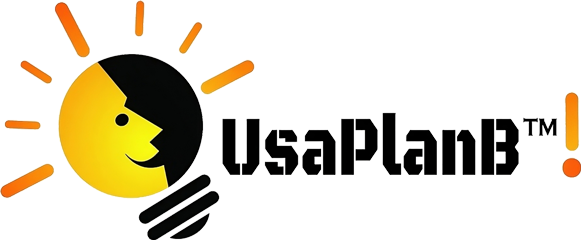Knowledge is power but without action is useless. There is no point being a genius if you don’t use your intelligence and knowledge for something. Knowledge is like bullets and action is like a gun.
“Knowledge without action” refers to having information or understanding about something but failing to apply that knowledge in a practical or meaningful way. It implies that knowing something is not enough; one must also take action based on that knowledge to achieve results, make a difference, or bring about positive change.
In various contexts, the concept of “knowledge without action” highlights the importance of not just acquiring knowledge but also using it effectively. For example:
- Education: In the field of education, this concept underscores the idea that students must not only learn facts and concepts but also apply their knowledge to solve problems, think critically, and make informed decisions.
- Personal Development: In personal development and self-improvement, it emphasizes that self-help books and motivational seminars can only be beneficial if individuals implement the advice and strategies in their daily lives.

- Business and Leadership: In the business world, leaders and managers are often reminded that knowing best practices and management theories is insufficient; they must put this knowledge into practice to achieve organizational goals.
- Environmental Issues: When it comes to environmental concerns, knowing about climate change, pollution, and sustainable practices is essential, but taking action to reduce one’s carbon footprint or support conservation efforts is equally important.
- Health and Fitness: Having knowledge about a healthy lifestyle and proper nutrition is meaningless if one does not put that knowledge into action through regular exercise and a balanced diet.
In summary, “knowledge without action” serves as a reminder that the practical application of what we know is vital for achieving personal and societal goals. It encourages individuals and organizations to bridge the gap between knowing and doing, turning knowledge into meaningful results.
